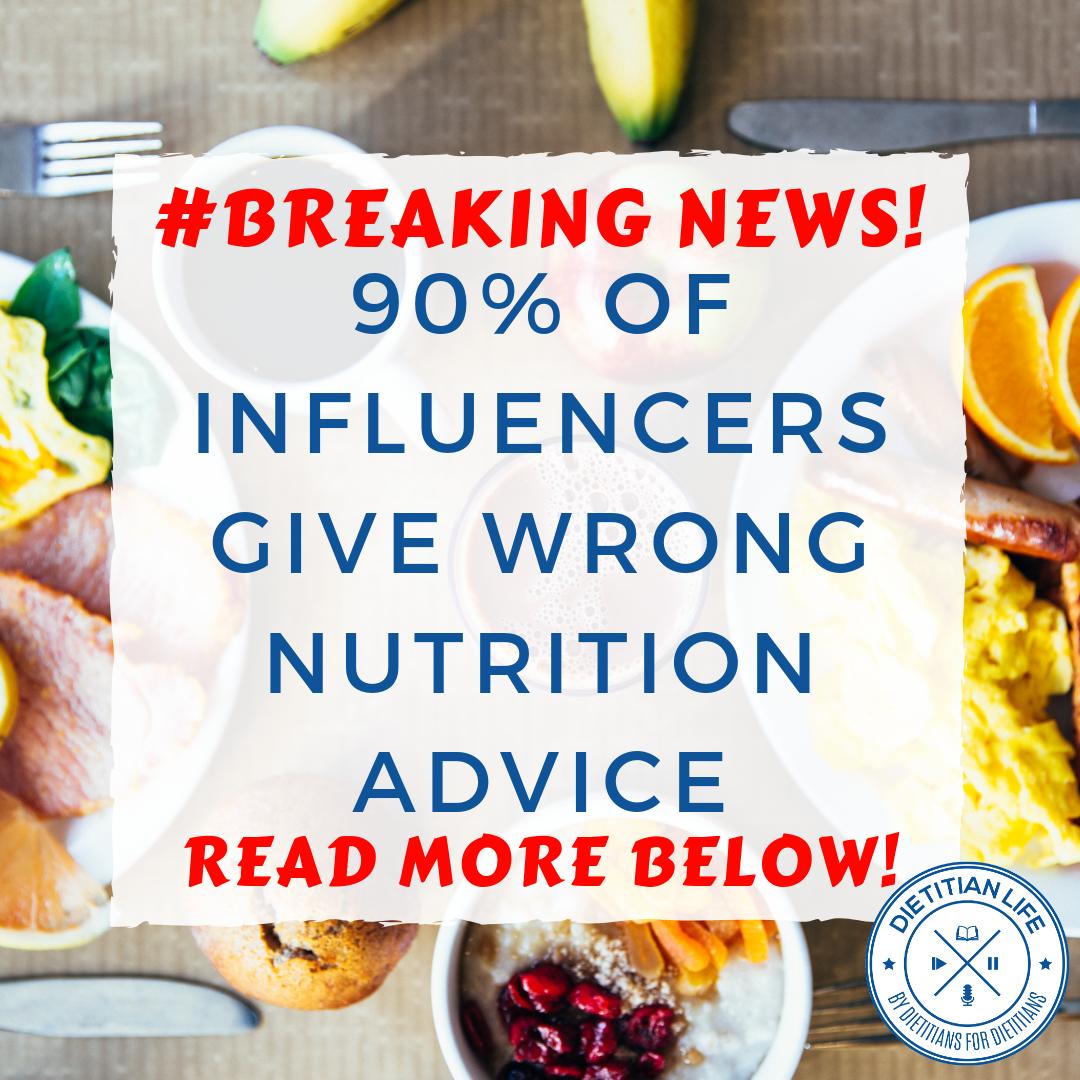
A growing body of evidence is showing that genes can be affected by lifestyle. The molecules surrounding our genes not only affect our physical traits but can also influence their expression. The environment we live in can affect our genes according to this new study. The implications of this research are far-reaching. Here's a brief overview of how lifestyle affects our genes. What could be the consequences? Let's see what these changes can mean for our bodies.
Scientists have found that certain gene variants can increase longevity. These gene variants are essential for basic cell functions such as the repair and maintenance of chromosome ends and DNA. They include genes that regulate the immune system and cardiovascular system as well as genes that control blood fat. The cardiovascular system plays an important part in longevity. It helps reduce the risk of many diseases, such as heart disease, and also lowers the chance of getting it wrong. Researchers also discovered that certain gene variants are associated with lower risk of certain cancers.

Many researchers have demonstrated that lifestyle genetics are strongly linked to cardiovascular disease. Researchers also discovered evidence that lifestyle choices can interact with genetic variants for CAD and other conditions. This relationship is very important for our health, so studying your family's history is vital. This is an essential step in improving your health. It's also free! It's free! Consult a doctor if you are concerned about a specific disease.
It is important to consider the combined effects of lifestyle and genetics. These factors can all influence your risk of type 2 diabetes, atrial fibrillation or coronary heart disease. These factors can be also linked to the risk for heart disease. These findings should be a guide for individualized lifestyle changes. If you don't feel comfortable with the results, you can always decline to undergo the test. For optimal health, a multifactorial approach is necessary.
These findings shouldn't be taken to mean that there is a causal link between lifestyle and genetics. Genetics may play a large role, but studies have shown that lifestyle gene may explain some differences between men & women. The results of these studies are helpful for developing better lifestyle-genetics-related prevention strategies. You'll find out if your family has a high-risk for dementia. If you are not at high risk, it is a good idea to consult a doctor.

A genetic test can also help you determine your risk factors for health. It can help you determine the likelihood of certain common conditions. The test will also show if you're a carrier of some gene variations. Your genes could play a role in your overall health. This study revealed that lifestyle genetics could be an effective way to determine how your genes may impact your health. You can lower your risk of developing dementia by adopting a healthy lifestyle.
FAQ
Is it true?
Protein helps maintain healthy bone and tissue. Over-consuming protein can result in calcium being excreted through the kidneys. In turn, this can result in kidney stones.
It is important to remember that not all people get kidney stones from eating more than 2g protein per kilogram (2.2lbs) of body weight. High amounts of protein can be consumed by some people without causing kidney stones.
Watching your sodium intake can help prevent kidney stones. Sodium is important for maintaining the body's water balance. High levels of sodium are linked to a greater risk of developing renal stones.
You may also want to reduce your protein intake in the event of kidney stones. Protein accounts for about half the daily caloric requirement of most adults. It is possible to lose weight by cutting down on your intake of proteins.
If you do decide to eat more protein, don't go overboard. Limit your intake to 20% of your total daily protein intake.
Do Men Need A Gym Membership?
A gym membership does not have to be required for men. A gym membership will make your money more valuable.
Many gyms offer free trials that let you try the facilities before you pay any fees.
You can use the gym whenever you like, and it won't cost anything. It's easy to cancel your membership when you decide whether or not you love the gym.
What is a good seven-day workout routine?
A seven day exercise program should include cardiovascular training (running or biking), strength exercises (using freeweights, weight machines) and one flexibility/core workout. It is important to complete each activity at least once weekly. Each session should not last more than 45 minutes.
Cardiovascular Exercise: Running/Biking/Swimming
Your goal is to exercise at least 60 minutes each week. Aim for 75 minutes per week to get the best results. Cardio exercise can improve blood flow and stimulate muscle development.
Strength Training
While cardio exercises target the heart and lungs, strength training targets the muscles and bones. Strength training helps you burn calories even while resting.
Flexibility & Core Workouts
You can strengthen your entire body by strengthening flexibility and core exercises. Both yoga and Pilates are excellent options.
Statistics
- An estimated calorie range for moderately active adult males falls between 2,200 to 2,800 calories per day, depending on age. (eatright.org)
- By John Thompson Take a whopping 38% off a set of PowerBlock Pros. (menshealth.com)
- 10 pounds in a month is likely during a lean bulking phase, especially for beginners. (muscleandstrength.com)
- According to the American Academy of Dermatology (AAD), men over 50 are at a heightened risk of developing it. (healthline.com)
- According to the American Heart Association, blood pressure should be checked at least once every two years, beginning at age 20. (my.clevelandclinic.org)
External Links
How To
How do I lose weight while working out?
Exercise burns calories by increasing metabolism and oxygen consumption.
Exercise at a moderate intensity to safely lose weight.
To burn fat while exercising, follow these tips:
-
Do cardio exercises such as walking, swimming, jogging, cycling, running, or elliptical training.
-
For 30 minutes, do it three times a week.
-
If you want to lose more weight, add strength training to your routine.
-
Avoid intense exercise. You can build muscle without breaking down muscle tissue.
-
When exercising, make sure to drink lots of water. Water flushes out toxins, and keeps your body properly hydrated.
-
After working out, drink low-fat protein shakes. Protein shakes repair muscles and increase energy.
-
You can eat smaller meals throughout the day so that you don't feel hungry in between meals.
-
Don't skip breakfast! Skipping breakfast can cause you to feel tired and sluggish.
-
Take care to your mental well-being. Stressful situations can slow down metabolism.
-
Keep a positive attitude. Research shows that overweight people gain more weight if they believe they are overweight than those who believe they look good.
-
Get enough rest. Insufficient sleep can make it more difficult to lose weight.
-
Always be active. Get up every hour and get moving.
-
Maintain a healthy diet. You will feel fuller longer if you eat right.
-
Relaxation is possible by finding ways to relax. Tenseness can cause stress hormones to break down muscle tissue.
A balanced diet is one that includes all of the essential nutrients required for growth.
Consider eating six small meals daily instead of three big ones. This gives your body more time to digest the food you eat.
You need about 500 milligrams of calcium daily to maintain strong bones. Calcium is available in dairy products like milk, yogurt, fortified soy beverages, orange juice, cereal, bread, and cereals.
Calcium is found in green leafy vegetables, beans, tofu, seeds, nuts, and cheese.
Your body needs vitamin D to absorb calcium. Vitamin D can be found in egg yolk, fatty fish, and other fortified foods.
Vitamin E is important for skin health. It's found in vegetable oils, wheat germ oil, peanuts, almonds, sunflower seeds, and corn.
Your body needs zinc to maintain normal immune function and heal wounds. Zinc can also be found in legumes, oysters, meats and whole grains.
Zinc deficiency may cause fatigue, loss appetite, depression, and impaired immunity.
Eating too much sugar causes insulin resistance, which increases blood glucose levels. Insulin resistance leads directly to weight gain.
High levels of free radicals can lead to insulin resistance. Free radicals are molecules containing unpaired electrons which cause damage to cells membranes.
Free radicals come mainly from food additives, pesticides, herbicides, preservatives, smoking, air pollution, radiation, chemicals in cosmetics, lotions, and household cleaning supplies.
Free radical damage can lead cancer, heart disease or diabetes, arthritis, asthma, or other forms of aging.
The best way to avoid free radicals is to eat a balanced diet high in antioxidants. Antioxidants protect against oxidative damage.
Antioxidant vitamins include Vitamin C (found in citrus fruits), beta carotene (found in carrots, sweet potatoes, spinach, broccoli, cantaloupe, apricots, squash, mangoes, peaches, peppers, tomatoes, cabbage, cauliflower, kale, Brussels sprouts, collard greens, watermelon, and strawberries), and Vitamin E (found in nuts, olive oil, avocados, and eggs).
Other antioxidant nutrients include selenium, copper, manganese, and zinc.
Selenium protects cells against oxidative damage from free radicals. Selenium can also be found in Brazil nuts (tuna), liver, kidneys and shrimp.
Copper protects the brain, eyes, lungs, and red blood cells. Copper can be found in shellfish and poultry as well as meat and organ meats.
Manganese, an essential component of bone strength, is crucial. Manganese can be found in brown rice and spinach as well as bananas, prunes raisins, oatmeal, lentils, and oatmeal.
Zinc is required for normal growth, reproduction and wound healing. Zn can be found in lean cuts, white fish, poultry, eggs, and other foods.